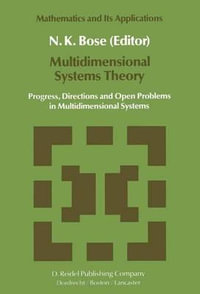This text is an introduction to the spectral theory of the Laplacian on compact or finite area hyperbolic surfaces. For some of these surfaces, called "arithmetic hyperbolic surfaces", the eigenfunctions are of arithmetic nature, and one may use analytic tools as well as powerful methods in number theory to study them.
After an introduction to the hyperbolic geometry of surfaces, with a special emphasis on those of arithmetic type, and then an introduction to spectral analytic methods on the Laplace operator on these surfaces, the author develops the analogy between geometry (closed geodesics) and arithmetic (prime numbers) in proving the Selberg trace formula. Along with important number theoretic applications, the author exhibits applications of these tools to the spectral statistics of the Laplacian and the quantum unique ergodicity property. The latter refers to the arithmetic quantum unique ergodicity theorem, recently proved by Elon Lindenstrauss.
The fruit of several graduate level courses at Orsay and Jussieu, The Spectrum of Hyperbolic Surfaces allows the reader to review an array of classical results and then to be led towards very active areas in modern mathematics.
Industry Reviews
"The French book under review gives an introduction to hyperbolic surfaces with an emphasis on the Selberg conjecture. ... it is intended for advanced graduate students but is also well suited for all those who want to acquaint themselves with harmonic analysis on hyperbolic surfaces and automorphic forms." (Frank Monheim, zbMATH, August, 2017)
"This book gives a very nice introduction to the spectral theory of the Laplace-Beltrami operator on hyperbolic surfaces of constant negative curvature. ... mainly intended for students with a knowledge of basic differential geometry and functional analysis but also for people doing research in other domains of mathematics or mathematical physics and interested in the present day problems in this very active field of research. ... book gives one of the best introductions to this fascinating field of interdisciplinary research." (Dieter H. Mayer, Mathematical Reviews, August, 2017)
























